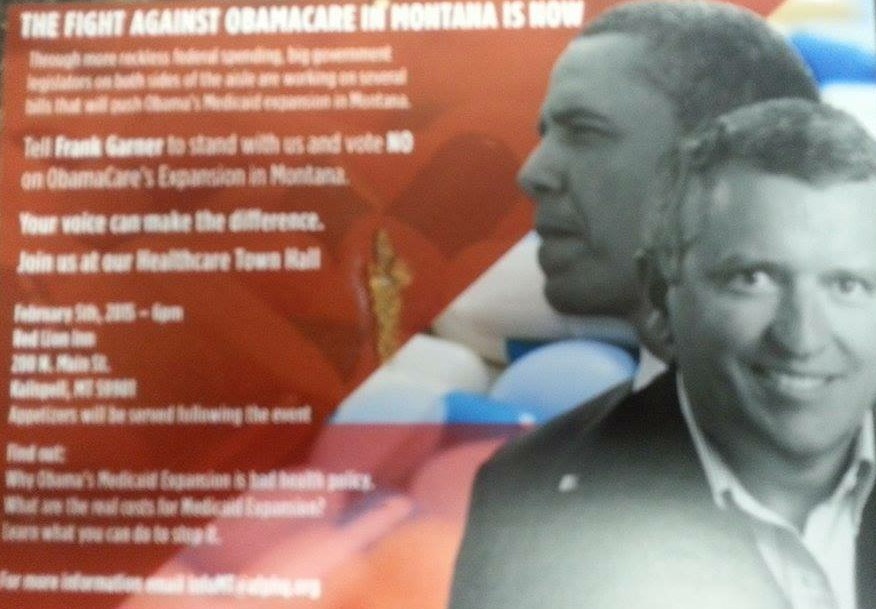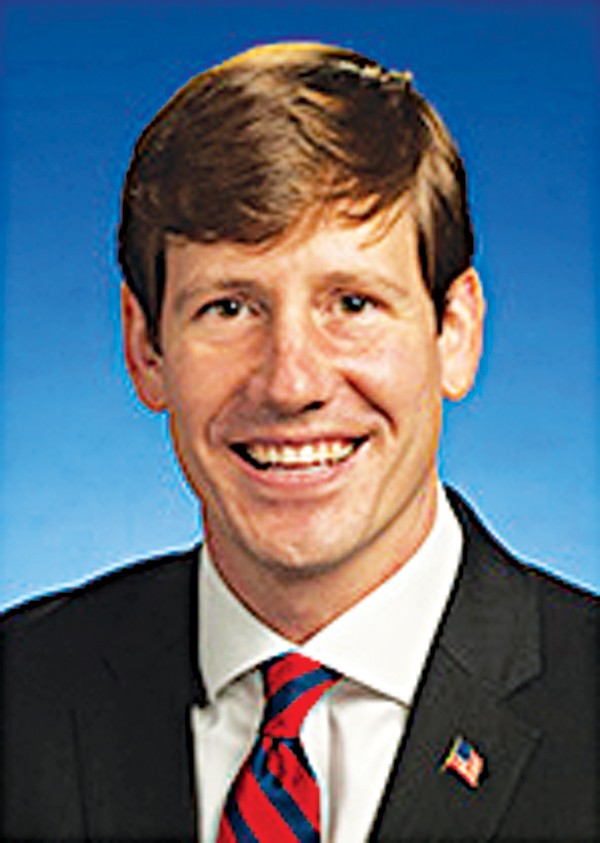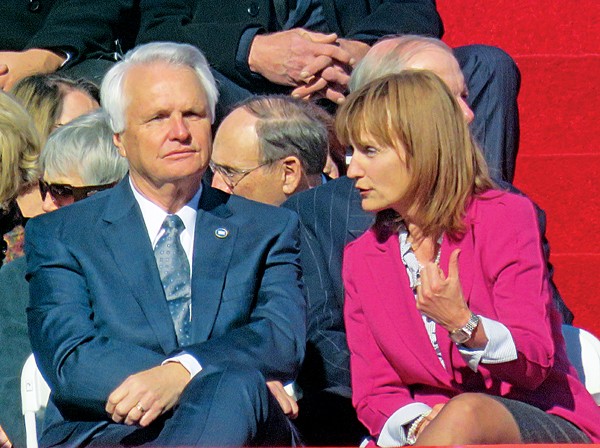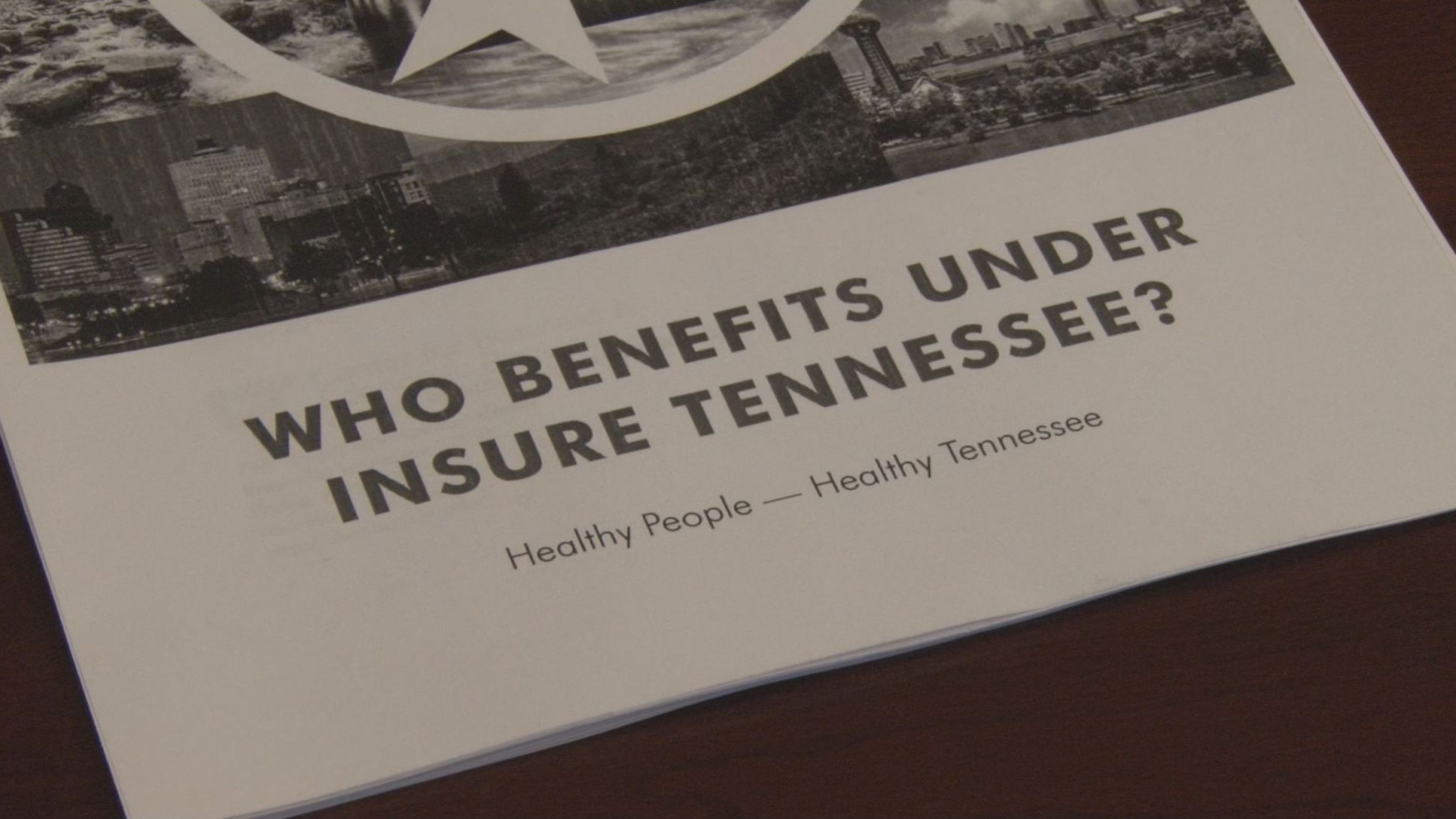So the bad weather came. Not as bad as was advertised, frankly, and not as bad as hit many other points in the nation, including parts of Tennessee to the east of us. Still, it was enough to halt, here as elsewhere, the momentum of politics and government for a couple of days.

“Parts of Tennessee to the east of us,” I said. Okay, Nashville, for instance. Tuesday was wiped off the calendar in state government, and at press time there seemed a real possibility that the General Assembly could have a de facto shutdown all week, even should the schedule of events (committee meetings and floor sessions) be formally reinstated.
East Tennessee proper, which supplies a generous share of human fodder for the legislature, was hardest hit by the storm and seemed destined to remain weather-bound. Conditions there were the primary cause of a state of emergency declared Monday evening by the Tennessee Emergency Management Agency (TEMA). But power outages and road closures were abounding in Middle Tennessee counties like Davidson, Hickman, Humphreys, and Williamson, as well.
Some urgent things, of course, had already been put on ice by the General Assembly — the most notable of which was Governor Bill Haslam‘s Insure Tennessee proposal for Medicaid expansion. That happened week before last, with the proposal’s rejection by a 7-4 vote in an ad hoc Senate committee meeting in special session.
Not to mince words, the proposal, which would have poured into state coffers some $1.5 billion annually — much of it destined for Tennessee hospitals struggling with the costs of uncompensated medical care for the uninsured (estimated to number at least 280,000 in the state) — was defeated because it could be linked to the Affordable Care Act, aka “Obamacare.”
Other arguments — that the federal government would eventually welsh on its commitment to fund the lion’s share of long-term funding or that Tennessee would be stuck in a “Hotel California” commitment it could never check out of — were demolished over and over by the governor or the attorney general or legislative supporters (including Democrats and Republicans), but they kept resurfacing — as a smoke-screen, backers of Insure Tennessee maintained.
Parenthesis: Late in that first week, state Representative Steve McManus (R-Cordova) expressed disappointment that many press reports up Nashville way had wrongly credited a fellow Shelby Countian, state Senator Brian Kelsey (R-Germantown) with authoring the “Hotel California” trope. McManus is correct. As the Flyer reported on its website on January 9th, McManus, a sometime thespian, was indeed the originator of that metaphor.
Kelsey had merely borrowed the phrase — along with predictions of a special-session “bloodletting” by state Representative Curry Todd (R-Collierville) — for his own numerous attacks on the governor’s Medicaid proposal. The senator from Germantown can lay claim to one original argument of his own, however — that, as he said during the fateful hearing by the ad hoc Senate Health and Welfare Committee, Insure Tennessee amounted to nothing more than a “bailout” for the state’s foolishly miscalculating hospitals.
Democrats in the House and Senate, more a remnant than a real force, have introduced legislation to renew consideration of Insure Tennessee in the regular session, now begun, but there seems little hope of that coming to pass. In his post-mortem with the press after the failure of the special session, Haslam said that he’d like to try again, but hinted it might not be possible until the election of a new president.
That same theme was noted directly last week by House Speaker Beth Harwell (R-Nashville), who declined to support Insure Tennessee in the special session and was quoted by The Commercial Appeal‘s Rick Locker as saying, “It might be that two years from now, we wake up with a Republican president, look at going after it again and coming back with a block grant. … Do I think we want to spend a lot of time during the regular session? Nah, I don’t think that.”
People wonder what presidents’ legacies will be. Barack Obama‘s might be that he was the first president who saw every proposal even remotely connected with him — good, bad, or indifferent — relentlessly stonewalled by his political opposition, not only at the congressional level but at the level of state government, as well.
So we wait two years. Right. That’s roughly $3 billion worth of waiting, and God only knows how many of the 280,000 uninsured Tennesseans could have health emergencies in the meantime.
Obama-bashing may work for GOP members in the legislature, but not for those Republicans with responsibility for actual governing in the affected localities of Tennessee. In two overwhelming votes, one in advance of the special legislative session, another afterward, the Shelby County Commission has endorsed Republican member Terry Roland‘s resolution calling for passage of Insure Tennessee.
Concern for imminent strain on the medical and financial resources of Region One Health (aka The Med) was cited by members of both parties. Shelby County Mayor Mark Luttrell has been outspoken in his disappointment, forecasting in a series of appearances lately that the defeat of Insure Tennessee could lead to a 10 percent county property tax increase. On last week’s Behind the Headlines broadcast on WKNO-TV, Luttrell bit down hard on that bullet:
“The opposition framed it as being an extension of the president. Those Republicans that dared to kind of step out and support it in the General Assembly were vilified.”
It should be noted that not every measure introduced in the current legislative session has met with a cold shoulder. Nah. As one example, a bill (HB677/SB0783) introduced by state Representative James Van Huss (R-Jonesborough) and state Senator Mae Beavers (R-Mt. Juliet), seems on its way to being fast-tracked. This bill would establish the Barrett Model 82A1 50-caliber semi-automatic rifle, manufactured in Murfreesboro, as Tennessee’s “official state firearm.” First things first.
• Another political situation which may have experienced a brief freeze since last week was the rush of candidate declarations for various city offices.
The announcement last Monday by commission chairman Justin Ford that he would seek the office of Memphis mayor further filled out a candidate roster that is ultimately expected to include a generous number of candidates besides those already declared, who include Councilman Jim Strickland, former county commission chairman James Harvey, former University of Memphis basketballer Detric Golden, and, of course, incumbent Mayor A C Wharton.
Councilman Harold Collins is considered a good bet to enter the mayoral field, and another likely possibility is Memphis Police Association director Mike Williams. Expect others before the Election Commission allows petitions to be formally pulled on April 17th. The election itself won’t happen until October 29th.
Other relevant dates: Filing deadline, July 17th. Withdrawal deadline, July 24th. Start of early voting, October 14th. Voter registration deadline, October 5th.
One of those still mulling over a city race and inclined, she says, to give the matter a good bit of time before deciding, is Kemba Ford, the daughter of former state Senator John Ford and an increasing presence in local civil and political affairs. Ford, who has run previous races for the city council and the state legislature, may be a candidate for the council’s District 7 position, but she’s involved at the moment with cousin Joe Ford Jr., a resident of Los Angeles, in an archival multimedia research project on Memphis politics during the civil rights era, focusing on the Ford family’s involvement.
Kemba Ford herself was a longtime resident of L.A., where she pursued an acting career until her father’s arrest, conviction, and imprisonment as a result of the FBI’s Tennessee Waltz sting brought her back to Memphis to provide him with moral support. (Former Senator Ford, long since released, accompanied his daughter to the Tennessee Equality Project’s fund-raising Gumbo Contest at Bridges downtown weekend before last.)
The District 7 position was formerly occupied by Lee Harris, who vacated it after his election year to the state Senate, where he is now that body’s Democratic leader. The seat is currently held on an interim basis by Berlin Boyd, sure to be a candidate in October.






 Justin Fox Burks
Justin Fox Burks 
 Jackson Baker
Jackson Baker  Jackson Baker
Jackson Baker 